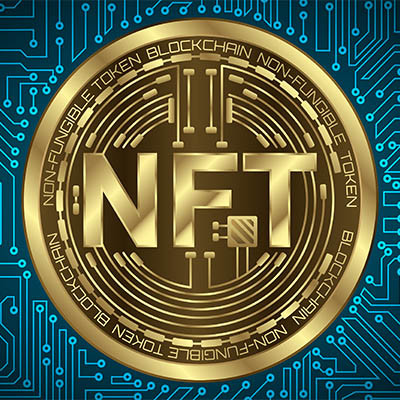SolutionOne Blog
For a while there, blockchain was a buzzword that you would hear about constantly. It was the future of data security and secure online transactions. As 2020 has pointed our attention elsewhere, you’ve heard less and less about blockchain technology. Today, we’ll take a look at what some of the most innovative companies are doing with distributed encrypted networks,
Cybercrime has morphed over the past decade or so. With unbreakable encryption making breaking directly into a network all but impossible, phishing, Distributed Denial of Service (DDoS) attacks, and other methods of indirect hacking have become en vogue. As a result, software companies are looking in some strange places to find building blocks for intrusion mitigation. One interesting emerging technology being used for this purpose is blockchain.
Many industries depend on their IT working properly to function as intended, and healthcare is among them. Prior to 2009, information technology had failed to take root, but with the passing of the Health Information Technology for Economic and Clinical Health Act (HITECH Act), the health industry is much more involved and reliant on IT than it has ever been before.
 There’s a big risk associated with implementing any new technology solution for your organization. For one, it’s difficult to know how a specific solution will run without first implementing it. This leads many businesses to avoid implementing a new solution for fear that it won’t be worth the investment. On the other hand, if they fail to implement a new solution, they could potentially lose out on valuable new tools they could use to succeed. How can you get around this issue?
There’s a big risk associated with implementing any new technology solution for your organization. For one, it’s difficult to know how a specific solution will run without first implementing it. This leads many businesses to avoid implementing a new solution for fear that it won’t be worth the investment. On the other hand, if they fail to implement a new solution, they could potentially lose out on valuable new tools they could use to succeed. How can you get around this issue?
 As we discuss business technology, we occasionally broach topics that not everyone may be familiar with. Despite the recent media coverage that has been afforded to it, Bitcoin and blockchain technology may be a good example of one such topic. To resolve this, we’ve put together the following primer on this technology and how it will impact data security in the future.
As we discuss business technology, we occasionally broach topics that not everyone may be familiar with. Despite the recent media coverage that has been afforded to it, Bitcoin and blockchain technology may be a good example of one such topic. To resolve this, we’ve put together the following primer on this technology and how it will impact data security in the future.



